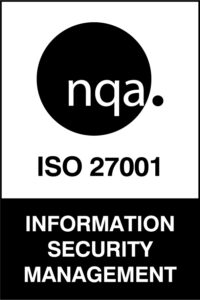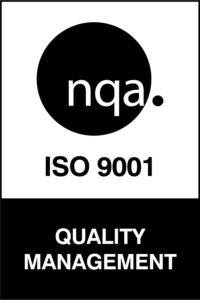In the highly regulated life sciences sector, which includes pharmaceuticals and medical devices, having a clear strategy and policy for document retention is not just a best practice—it’s a necessity. Companies in this industry must navigate a complex landscape of regulatory requirements, including GDPR, Irish legislative mandates, and industry-specific regulations. This blog aims to provide document control professionals with insights and guidance on how to approach these requirements effectively.
Understanding the Regulatory Landscape
The life sciences industry is subject to stringent regulations to ensure the safety, efficacy, and quality of products. Compliance with GDPR and Irish legislative requirements is essential for protecting personal data and maintaining the integrity of records. Additionally, industry-specific regulations mandate precise records retention, clear down, and certified end-of-life destruction of records.
For instance, the European Medicines Agency (EMA) and the U.S. Food and Drug Administration (FDA) have specific guidelines on how long records should be retained. These guidelines often require that records related to clinical trials, manufacturing processes, and quality control be kept for several years after the product’s market release. Failure to comply with these regulations can result in severe penalties, including fines and legal action.
Developing a Robust Document Retention Policy
A robust document retention policy should address the following key areas:
- Retention Periods: Clearly define how long different types of records need to be retained. This should be based on regulatory requirements and the company’s operational needs.
- Storage Solutions: Implement secure storage solutions for both physical and digital records. This includes using validated systems for electronic records and ensuring physical records are stored in secure, controlled environments.
- Access Controls: Establish strict access controls to ensure that only authorised personnel can access sensitive records. This helps maintain data integrity and confidentiality.
- End-of-Life Destruction: Develop procedures for the certified and validated destruction of records that have reached the end of their retention period. This ensures that records are disposed of securely and in compliance with regulatory requirements.
Best Practices for Document Retention
- Regular Audits: Conduct regular audits of your document retention processes to ensure compliance with all regulatory requirements. This helps identify and rectify any gaps or issues promptly.
- Employee Training: Provide ongoing training for employees on the importance of proper document retention and the specific procedures they need to follow. This ensures everyone is aware of their responsibilities and the latest regulatory requirements.
- Use of Technology: Implement advanced document management systems that automate retention schedules, track document versions, and ensure secure storage and access. This reduces the risk of human error and enhances compliance.
- Clear Documentation: Ensure all records are clear, complete, and accurately reflect the activities performed. This includes using standardised forms and templates and avoiding unapproved abbreviations.
Common Pitfalls to Avoid
- Incomplete Documentation: Failing to include all necessary details in records can lead to compliance issues and data integrity problems. Ensure all records are thorough and complete.
- Poor Documentation Practices: Illegible handwriting, use of unapproved abbreviations, and lack of proper corrections can compromise the quality of records. Standardise documentation formats and implement electronic systems to mitigate these issues.
- Lack of Version Control: Not properly tracking document versions can result in the use of outdated procedures and non-compliance. Use a robust document management system to manage version control effectively.
- Ignoring Retention Schedules: Failing to adhere to defined retention schedules can lead to the premature destruction of records or the unnecessary retention of outdated documents. Ensure retention schedules are clearly defined and followed.
Partnering with DSM for Secure Document Management
At DSM, we understand the unique challenges faced by the life sciences sector. Our comprehensive document management solutions are designed to help companies maintain compliance with GDPR, Irish legislative requirements, and industry-specific regulations. We offer secure storage, advanced digitisation services, and certified end-of-life destruction of records.
For more information on how DSM can support your document management needs, visit DSM.ie or contact us today.











